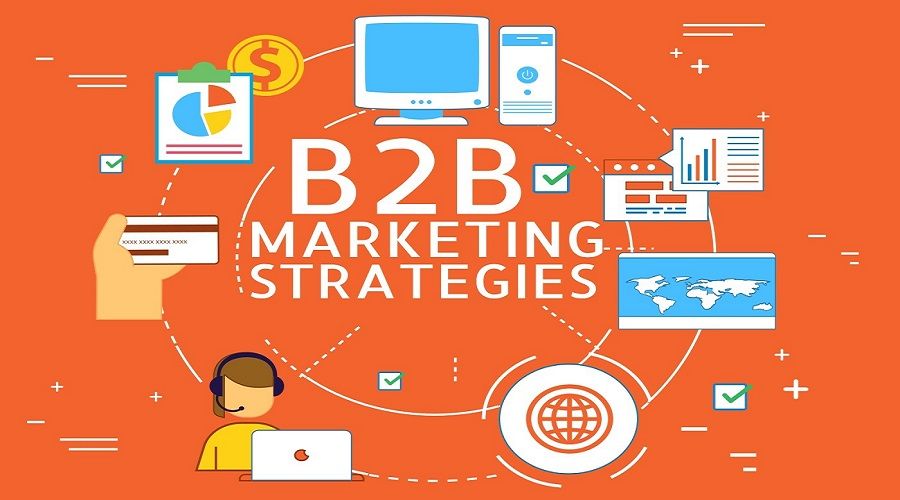
How to Build a Successful B2B Sales Strategy for Small Businesses
The Importance of a Solid B2B Sales Strategy
For small businesses operating in the tech industry, establishing a robust B2B sales strategy is crucial for sustained growth and success. In today’s competitive market, a well-defined approach enables small enterprises to showcase their unique value propositions, effectively reach their target audience, and close valuable partnerships. Below, we outline key steps to help you lay the foundation for a highly effective B2B sales strategy.
1. Identify Your Target Market
Before diving into any sales strategy, it is essential to clearly define your target market. Identify the industries, companies, and decision-makers that would benefit most from your tech products or services. Research their pain points, market trends, and competitors to gain valuable insights into their needs and motivations.
2. Develop a Value Proposition
Once you have a clear understanding of your target market, it’s time to develop a compelling value proposition. Highlight the unique features, advantages, and benefits your tech solution offers. Craft a concise yet impactful message that resonates with potential customers and clearly differentiates you from competitors. Your value proposition should address the specific challenges your target market faces and demonstrate how your offering can solve them.
3. Build a Strong Online Presence
In today’s digital age, having a strong online presence is crucial. Create a professional website that clearly showcases your products, services, and value proposition. Optimize your website for search engines to ensure you rank well in relevant searches. Leverage social media channels to engage with your target audience, share valuable content, and establish yourself as a trusted industry authority.
4. Nurture Relationships through Content Marketing
Content marketing plays a pivotal role in nurturing relationships with potential B2B clients. Create informative blog posts, whitepapers, case studies, and e-books that highlight your expertise. Distribute this content through various channels, including your website, email newsletters, and social media. By providing value-added content, you position your small business as a knowledgeable partner, building trust and credibility with potential clients.
5. Develop Strategic Partnerships
Collaborating with strategic partners can significantly enhance your B2B sales efforts. Identify complementary businesses within your industry or related sectors. Establish mutually beneficial partnerships where you can refer clients to each other, cross-sell products, or create joint marketing campaigns. Such partnerships allow you to expand your reach and tap into new customer networks.
6. Implement CRM Software
For efficient sales management, consider implementing a customer relationship management (CRM) software. This powerful tool helps track leads, manage contacts, and streamline communication with potential and existing customers. A CRM system enables small businesses to automate repetitive tasks, improves sales team collaboration, and provides valuable insights into customer behavior and preferences.
7. Invest in Sales Training
Even the most effective sales strategy requires a well-trained sales team. Invest in ongoing sales training to equip your representatives with the necessary skills and knowledge to excel in B2B sales. Ensure that your team understands your value proposition, buyer personas, and the various stages of the sales process. Regularly evaluate and provide constructive feedback to maximize their performance.
Final Thoughts
In conclusion, building a successful B2B sales strategy for small businesses in the tech niche requires careful planning and execution. By identifying your target market, developing a compelling value proposition, building a strong online presence, nurturing relationships through content marketing, establishing partnerships, implementing CRM software, and investing in sales training, your small enterprise can achieve remarkable growth and forge valuable B2B connections. Stay focused, adapt to market changes, and continuously refine your strategy to stay ahead in the competitive landscape.

